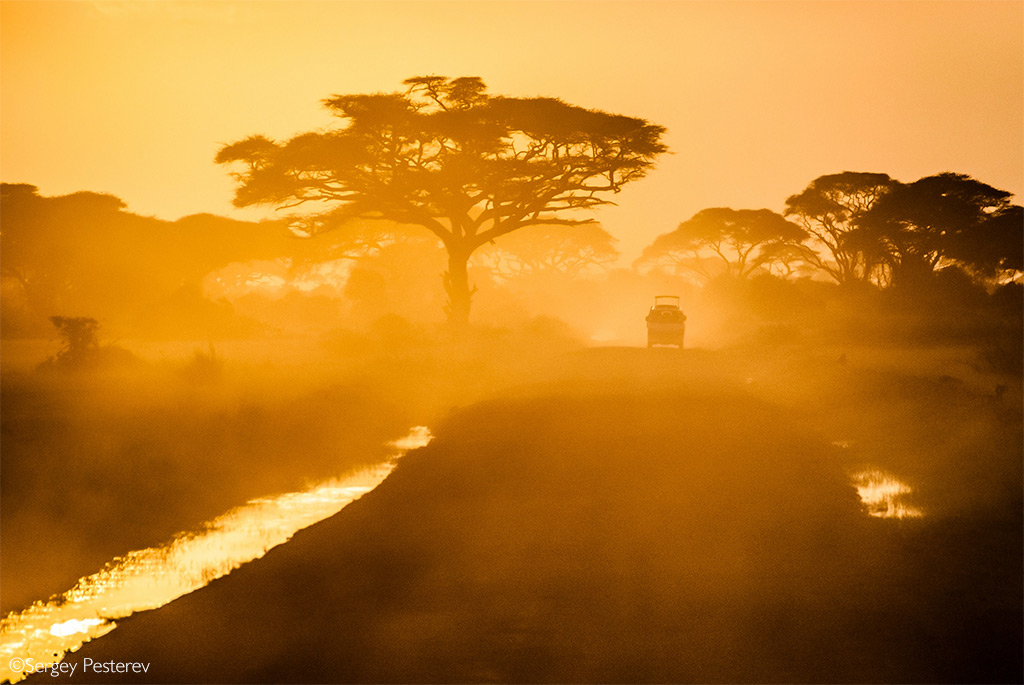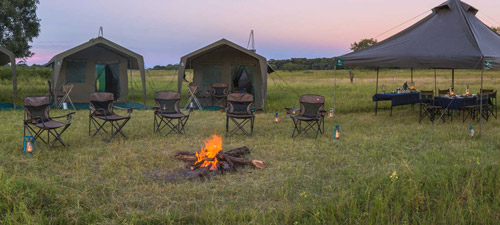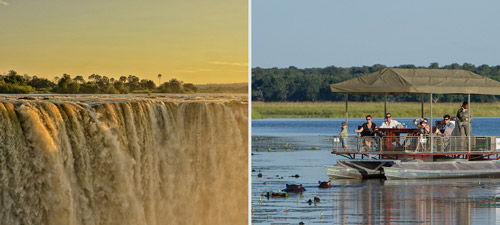
CEO NOTE: 8 January 2021
This is a copy of our weekly email newsletter. Subscribe here to receive the newsletter.
Let me tell you a story. One of personal perspective and priorities. Two years ago my wife and I moved from Cape Town to the bushveld town of Hoedspruit. Our home is within a large residential wildlife estate bordering Kruger National Park – where dangerous wildlife species such as lion and elephant are EXCLUDED by a fence. There are leopards and hyena aplenty moving around the estate at night (fences mean nothing to them), and we keep our dogs indoors after dark. We fenced off the immediate area behind our house, to keep our dogs in and the warthogs out. It’s wonderful to share our lives with giraffe, zebra, waterbuck and many other species. And kudu. I thought it would be great to have these handsome antelope in the garden now and then. I was wrong.
You see during the peak of the dry bushveld months the grass and leaves have all but disappeared, and the desperate animals will eat just about anything. Kudus would hop easily over our fence and feast on our newly-planted indigenous trees and shrubs. In fact, they would annihilate our planted garden – nibbling huge aloes down to a withered stalk and even breaking a 4-meter sausage tree in half to get at the leaves (which they discarded).
Obviously, we would not knowingly harm any wildlife, but we also wanted a shady garden for our own enjoyment. Something had to be done. And so we increased the height of the fence by adding more wire strands (no electrification). It worked, and the kudus now cannot get to our precious plants, which are flourishing after excellent early summer rains.
I now have a different PERSPECTIVE of kudus from when I lived in Cape Town (which has no kudus).
Now imagine if I did not have the resources to keep wild animals out of my home. Imagine if the intruders were elephants or lions destroying my subsistence farming livelihood and threatening my family’s lives. That’s perspective for you …
Our first story below angers and saddens me – the state-sponsored rape of Namibia’s woodlands. How does the one-off annihilation of entire blocks of hardwood trees contribute to the country’s sustainable future? Note that the beneficiaries seem to be SHADY foreigners and local power brokers.
Then we celebrate Madikwe – a huge conservation success story where indigenous landowners invested in the future and are reaping the REWARDS. Good news indeed.
And finally, a DWARF GIRAFFE ?!?
Story 1
https://africageographic.com/stories/they-are-finishing-the-trees-chinese-companies-and-namibian-elites-make-millions-illegally-logging-rosewoods/
PLUNDER
Illegal logging is decimating Namibia’s remaining rosewood trees, earning millions for Chinese companies and political elites
Story 2
https://africageographic.com/stories/madikwe-game-reserve/
SAFARI SUCCESS STORY
Madikwe Game Reserve is a malaria-free safari haven and conservation success story that benefits people, wildlife and the ecosystem
Story 3
https://africageographic.com/stories/dwarf-giraffe-seen-in-namibia-and-uganda/
DWARF GIRAFFE!
Yes indeed, researchers have recently published a paper describing two dwarf giraffe in separate populations in Namibia and Uganda.

Simon Espley – CEO, Africa Geographic
To comment on this story: Login (or sign up) to our app here - it's a troll-free safe place 🙂.![]()
HOW TO GET THE MOST OUT OF AFRICA GEOGRAPHIC:
- Travel with us. Travel in Africa is about knowing when and where to go, and with whom. A few weeks too early / late and a few kilometres off course and you could miss the greatest show on Earth. And wouldn’t that be a pity? Browse our ready-made packages or answer a few questions to start planning your dream safari.
- Subscribe to our FREE newsletter / download our FREE app to enjoy the following benefits.
- Plan your safaris in remote parks protected by African Parks via our sister company https://ukuri.travel/ - safari camps for responsible travellers






